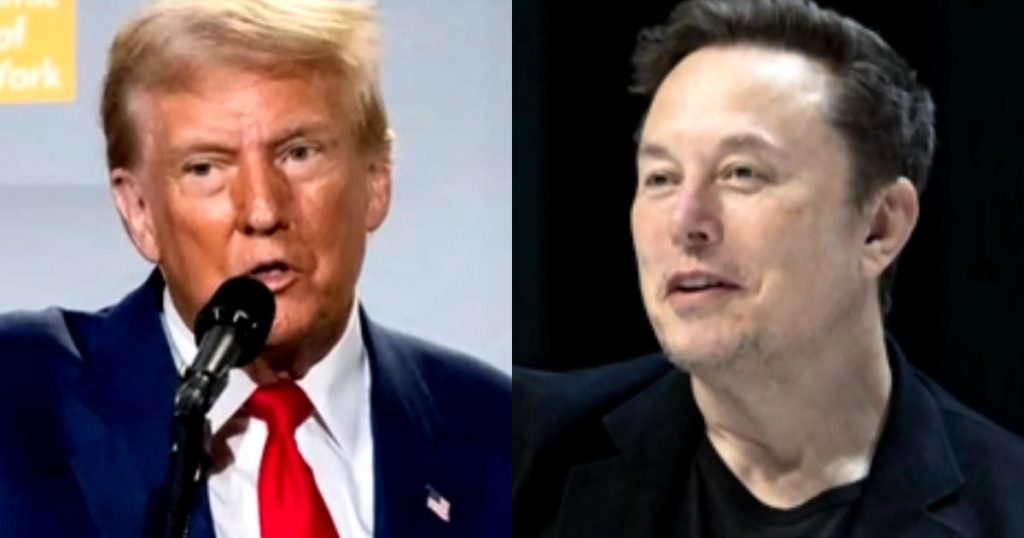Former President Donald Trump recently announced several economic proposals if he were to win the presidential race in November. One of these proposals involved appointing Tesla owner Elon Musk to lead a task force that would carry out a comprehensive financial and performance audit of the entire federal government. This initiative could potentially streamline government operations and improve efficiency.
Elon Musk, a well-known entrepreneur and CEO of several successful companies such as Tesla and SpaceX, has a reputation for innovation and efficiency in his own businesses. By placing him in charge of a government efficiency commission, Trump aims to leverage Musk’s expertise and leadership skills to identify areas of improvement within the federal government. This move could potentially lead to cost savings and increased operational effectiveness.
The proposed task force, led by Musk, would conduct a thorough evaluation of the financial and performance aspects of the federal government. By analyzing and assessing various government programs, departments, and operations, the task force could uncover inefficiencies, redundancies, and areas for improvement. This comprehensive audit could lead to recommendations for streamlining processes, reducing bureaucracy, and enhancing overall performance.
By appointing Elon Musk to head this government efficiency commission, Trump is signaling his commitment to promoting innovation and effectiveness in government operations. Musk’s track record of success in the business world, particularly in the technology and transportation sectors, suggests that he may bring fresh perspectives and ideas to the table. His experience in leading large-scale projects and organizations could prove valuable in driving meaningful change within the federal government.
However, the proposal to place Elon Musk in charge of a government efficiency commission has sparked mixed reactions from the public and experts. While some view Musk’s involvement as a potential catalyst for positive change and modernization within the government, others have expressed concerns about conflicts of interest and the appropriateness of appointing a private sector figure to a government role. It remains to be seen how this proposal will be received and whether it will garner support from key stakeholders.
In conclusion, Trump’s proposal to have Elon Musk oversee a government efficiency commission is a bold and unconventional move that reflects a desire to shake up traditional government practices. By tapping into Musk’s expertise and leadership abilities, the administration aims to drive improvements in government operations and performance. Whether this proposal will gain traction and lead to meaningful change remains to be seen, but it highlights the ongoing debate about the role of private sector leaders in shaping government policy and operations.


